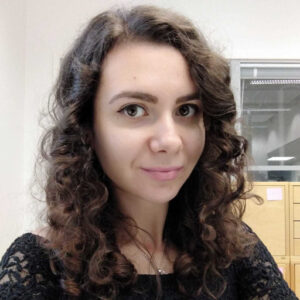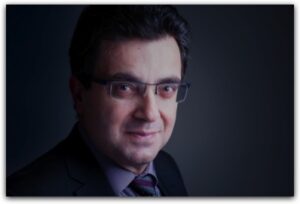
Jacek Kubiak (France)
Jacek Z. Kubiak is the Research Director (Full Professor) at the French CNRS (Life Sciences Department) in Rennes, France. He works in the CNRS for almost 30 years. His research is devoted to molecular mechanisms of early embryo development, gonads development, cell cycle regulation, stem cells and the role of macrophages in the innate immune response. He is the author of over 180 highly cited scientific papers and the editor or co-editor of 6 books. He has graduated from the Warsaw University under supervision of Prof. A.K. Tarkowski, and worked at the University of Wisconsin-Madison, USA and Marine Biological Laboratory in Woods Hole, USA under supervision of Prof. Jerry Schatten. From 2016 to 2021 he directed the Department of Regenerative Medicine and Cell Biology at the WIHE institute in Warsaw, Poland combining stem cells and embryo research with medical applications. Starting from 2022 he works also in WIM-PIB in Warsaw, Poland in the Laboratory of Molecular Oncology and Innovative Therapies. He is conducting projects on the cell cycle regulation in tumour cells and gonads development.



























